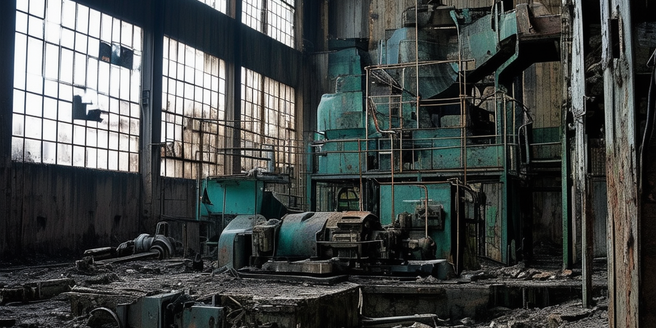
Understanding the Concept of Asbestos Class Actions
Asbestos class actions have emerged as a significant legal strategy to address the issues associated with exposure to this harmful mineral. This system seeks to tackle the problem on a larger scale, representing groups of people who have suffered similar damage due to asbestos exposure. This litigation technique not only ensures a level playing field but also expedites the process. By doing so, it provides victims with a faster pathway to justice and much-needed compensation. Asbestos, once widely used in construction and industrial applications due to its heat resistance and durability, is now recognized for its severe health risks, including the potential to cause a type of cancer called mesothelioma. Class actions consolidate the claims of many affected individuals into one case to litigate against a common defendant.
The Role of Asbestos Class Actions in Promoting Safety
Asbestos-related class action lawsuits promote safety measures by holding companies accountable for negligence and the health hazards of asbestos exposure. The financial impact of potential litigation costs could prompt a reassessment of companies’ safety policies, often encouraging them to prioritize safety over profit. This change in corporate attitudes, driven by the financial and ethical implications, can lead to improved safety standards.
In addition, these lawsuits serve as an educational tool stressing the importance of safety standards. It instills a culture emphasizing employee welfare and longevity, causing an industry-wide shift towards safer practices.
Summing up, asbestos-related lawsuits remind everyone that the cost of corporate negligence is enormous and safety should always be preeminent. These lawsuits are not only beneficial for victims but also play a significant role in fostering a safety-first corporate culture, thus ensuring better, safer working conditions for all.
Ways in Which Asbestos Class Actions Facilitate Fair Compensation
Class actions involving asbestos effectively serve as a means for a large group of impacted individuals to seek legal resolutions by assembling under a unified cause and sharing the cost of legal proceedings. This framework heightens their chances of securing due compensation and makes initiating a lawsuit more attainable despite high legal charges. Through asbestos class actions, the power disparity that exists in legal skirmishes between ordinary citizens and large corporations can be addressed. Such class actions provide a critical tool for justice as they democratically bridge the gap that often exists between individuals and corporations with vast resources. In essence, these lawsuits are communal efforts, merging the strengths and resources of many to contest against corporate power. Such collective strategy boosts their shared voice in the courtroom, holding corporations accountable for any harm caused by their negligence. Through these actions, challenging large corporations becomes possible, reinforcing that justice is accessible irrespective of opponent’s size, and ensuring that the little guy doesn’t get drowned out.
How Asbestos Class Actions Aid in Regulating Business Practices
Asbestos lawsuits play a vital role in promoting justice for victims and regulating dangerous business practices. They expose malpractices related to asbestos usage that could stay concealed due to weak public awareness or regulatory oversight. They ignite public demand for safer products and asbestos-free workplaces, creating social momentum that pushes businesses to enhance their safety standards. Besides prompting statutory reforms and stricter global regulations on asbestos, they mandate enhanced protections for workers potentially exposed to asbestos, ranging from appropriate protective gear to stricter safety protocols. They are a transformative societal tool, urging businesses to adopt higher safety standards, fostering a safer, healthier global community, and showcasing the law’s power to instigate change and ensure industries prioritize public health and safety.
The Positive Impact of Asbestos Class Actions on Public Health Policy
In conclusion, it’s essential to comprehend the significant role asbestos class actions play, serving as a vital mechanism in raising awareness about the harmful effects of asbestos on public health and in effecting policy change. These actions have been key in driving changes in various aspects of asbestos-related legislation, aimed at either reducing asbestos usage or enhancing regulations for its handling, thereby refocusing priorities on citizens’ well-being. Asbestos-related lawsuits are not only a route to justice for the victims, but also a catalyst for legislative and societal change, emphasizing their broad positive impact. Asbestos class actions, by providing a platform for improving public health and safety, affirm their crucial role in societal wellness and benefits.
